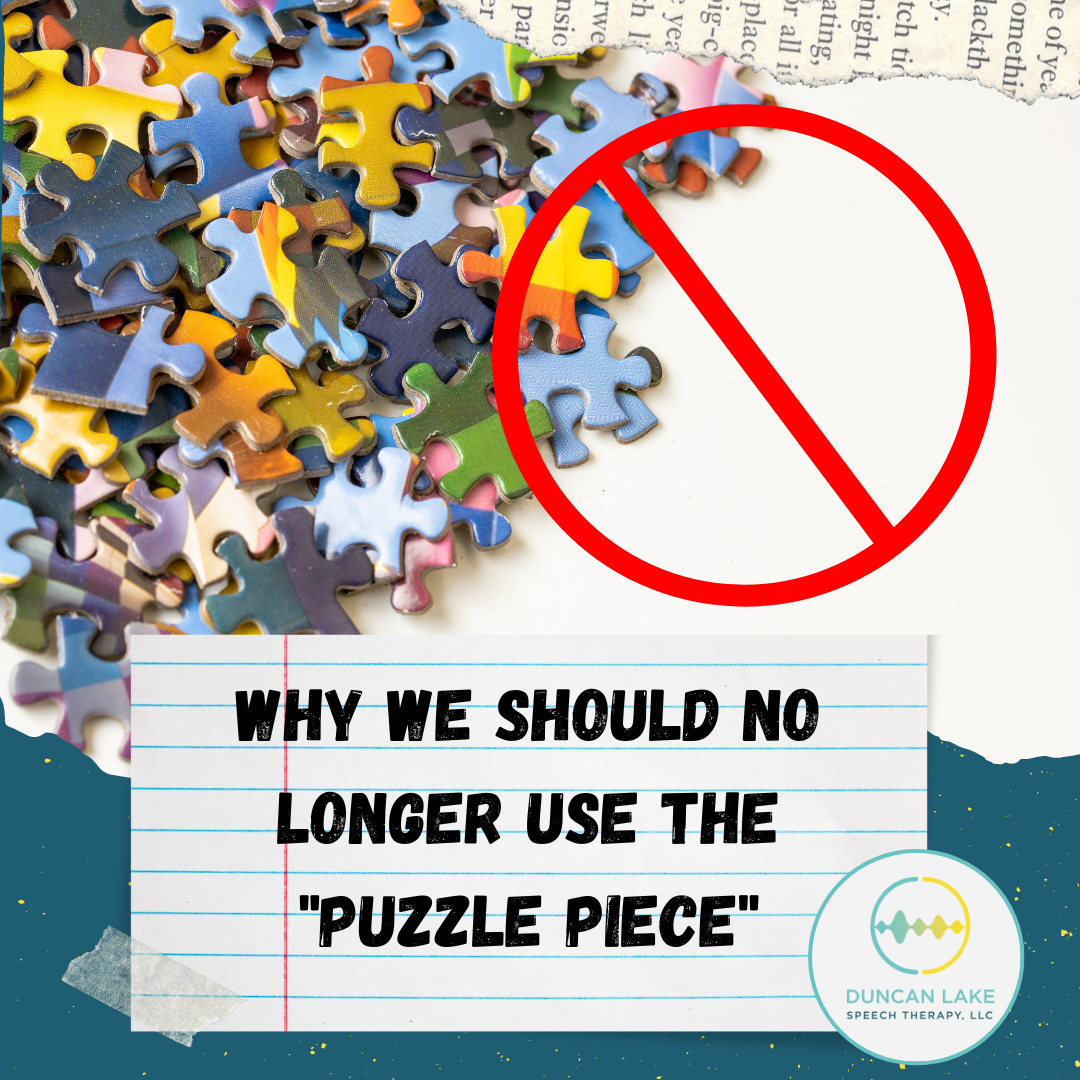
by Tami Teshima | Feb 15, 2023 | Autism, Inclusion
Written by Anna Dubiak, M.S, CCC-SLP Duncan Lake Speech Therapy, LLC Why we should not use the puzzle piece anymore. The neurotypical world at large has come into the unfortunately novel idea that in order to better serve a given population we should listen to the...

by Tami Teshima | Jan 31, 2023 | Uncategorized
Written by Hannah Blackwell, M.A, CF-SLP Duncan Lake Speech Therapy, LLC In speech therapy, especially with little ones, we use music all the time to make things more fun! But did you know, singing actually accesses a different part of the brain than we use for speech...
![Stuttering persistence factors [by Shelagh, our summer graduate intern!]](https://duncanlakespeechtherapy.com/wp-content/uploads/2021/07/Stuttering-Persistence-Factors.png)
by Tami Teshima | Jul 14, 2021 | Stuttering
This week, we are are so lucky to have Shelagh Orlikowski, the DLST Graduate Intern, here to talk with us about stuttering. When SLPs determine that a child has a fluency disorder (our term for stuttering), one of the first questions parents ask us is, “Will...
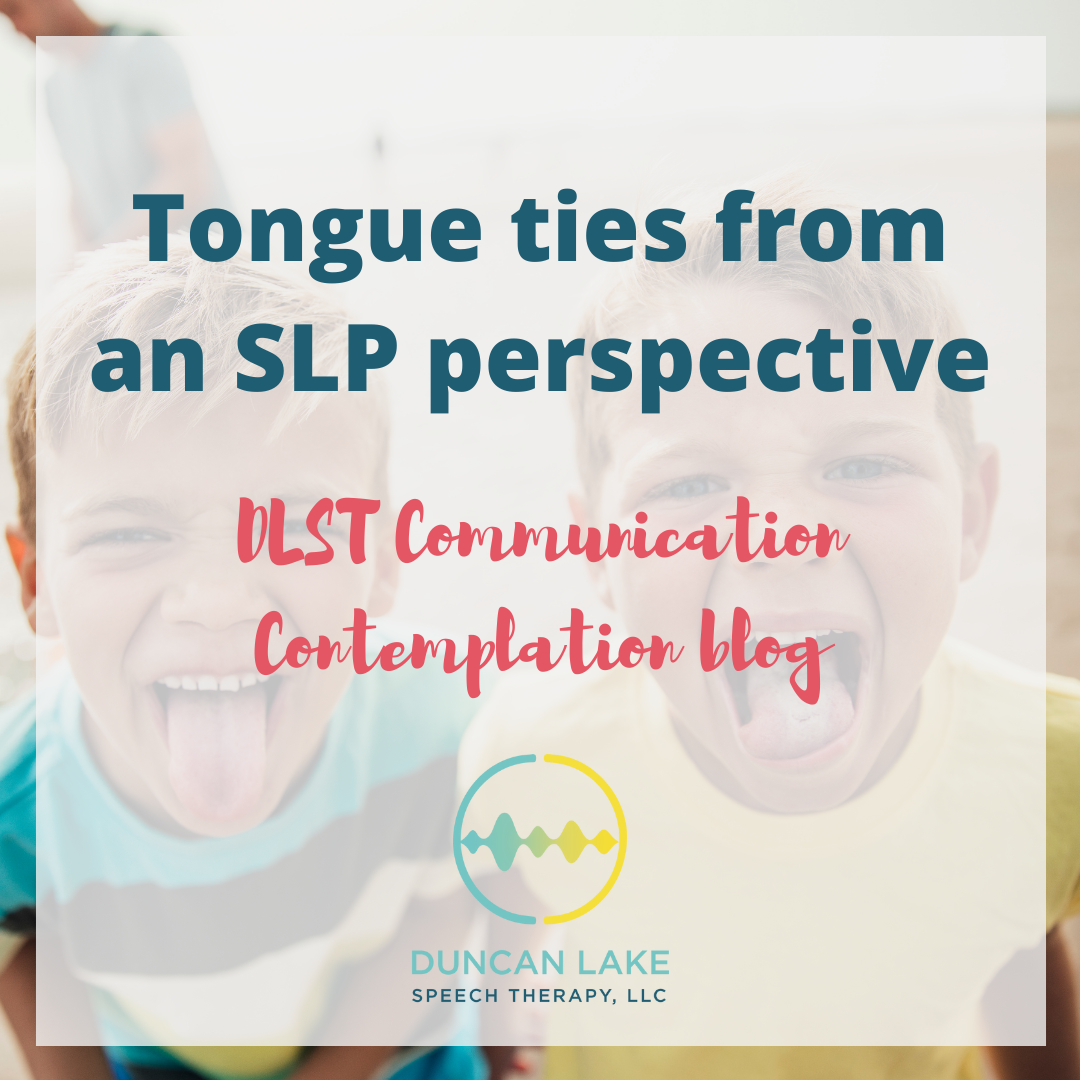
by Tami Teshima | Jul 6, 2021 | Orofacial Myology, Uncategorized
Well, well, well, it has been a minute since I’ve done a blog post! I’m very excited, though, that my triumphant return to blogging is a post about tongue ties (or if you’re fancy, ankyloglossia). If you are a parent of a small child, there is a good chance that this...
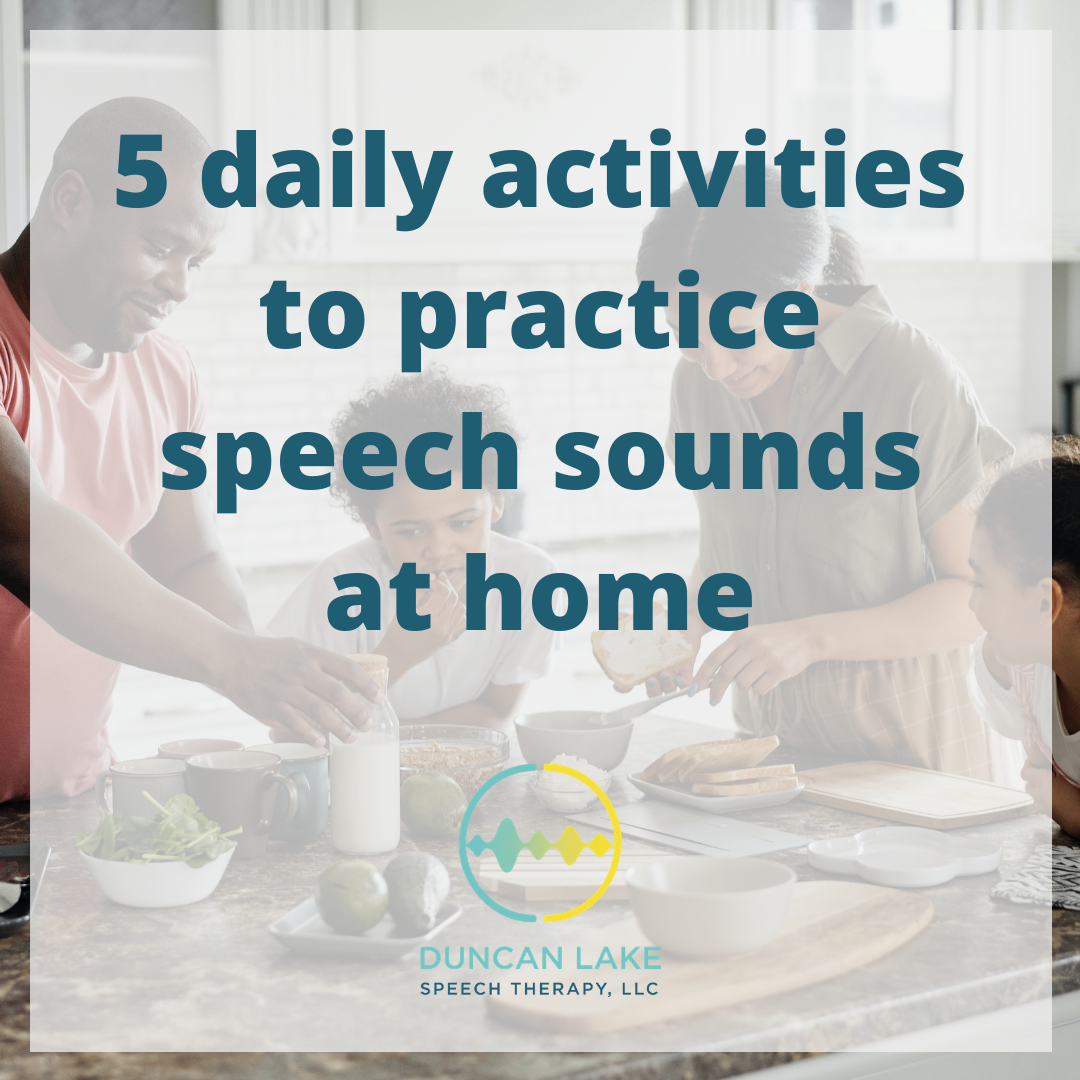
by Tami Teshima | Feb 21, 2021 | Articulation, At-Home Speech
If you are a parent of a child with an articulation disorder, it can be really tricky to find time to incorporate practice into your day. Your SLP likely sends you homework, but sometimes it’s hard to sit down and do “speech homework.” Luckily, you...
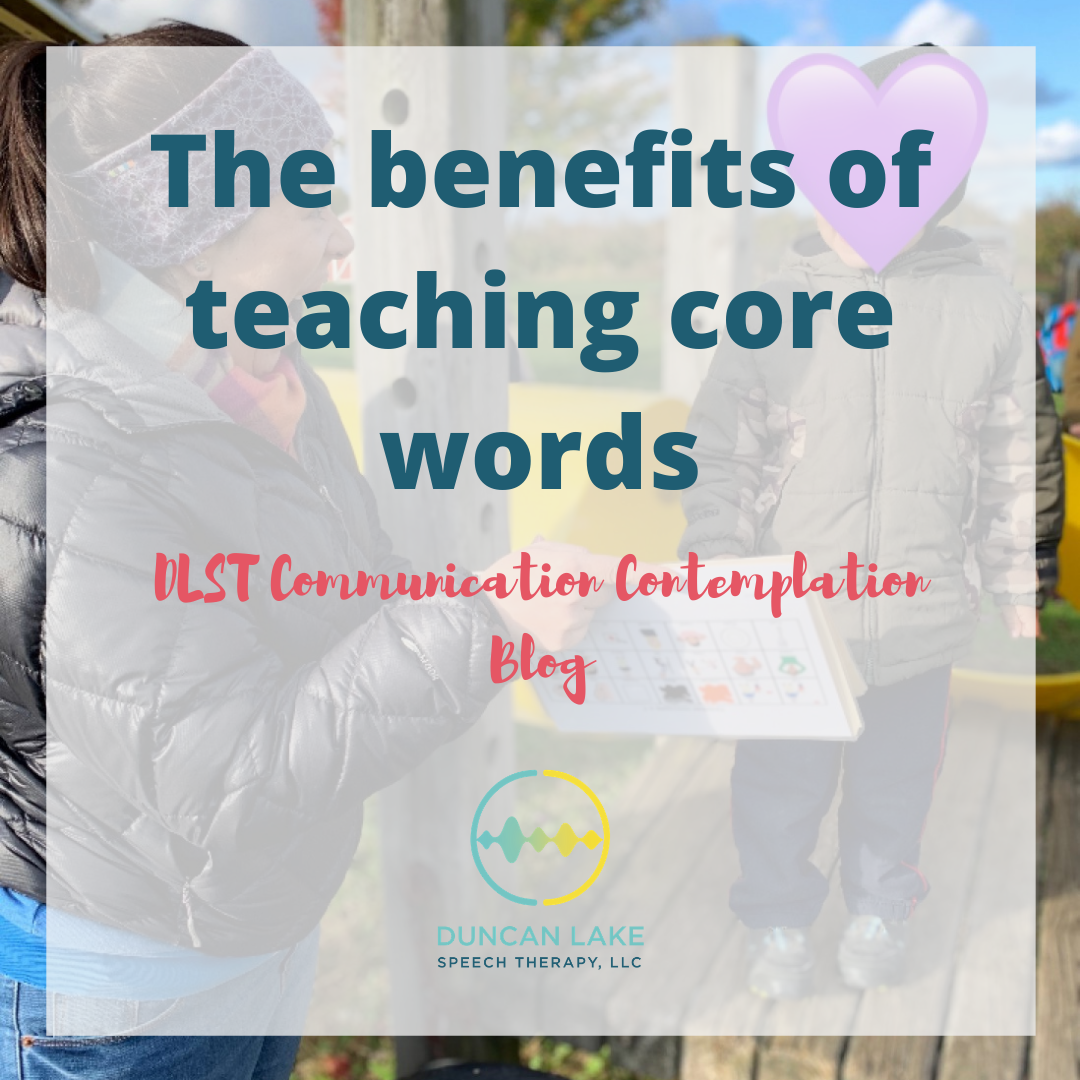
by Tami Teshima | Feb 9, 2021 | AAC, Language Development
I talk a lot about core words on our Facebook and Instagram pages, but what in the world are they and why would anyone teach them? AssistiveWare defines core words as the “50-400 words that make up the majority of everything we say.” There are a bunch of...
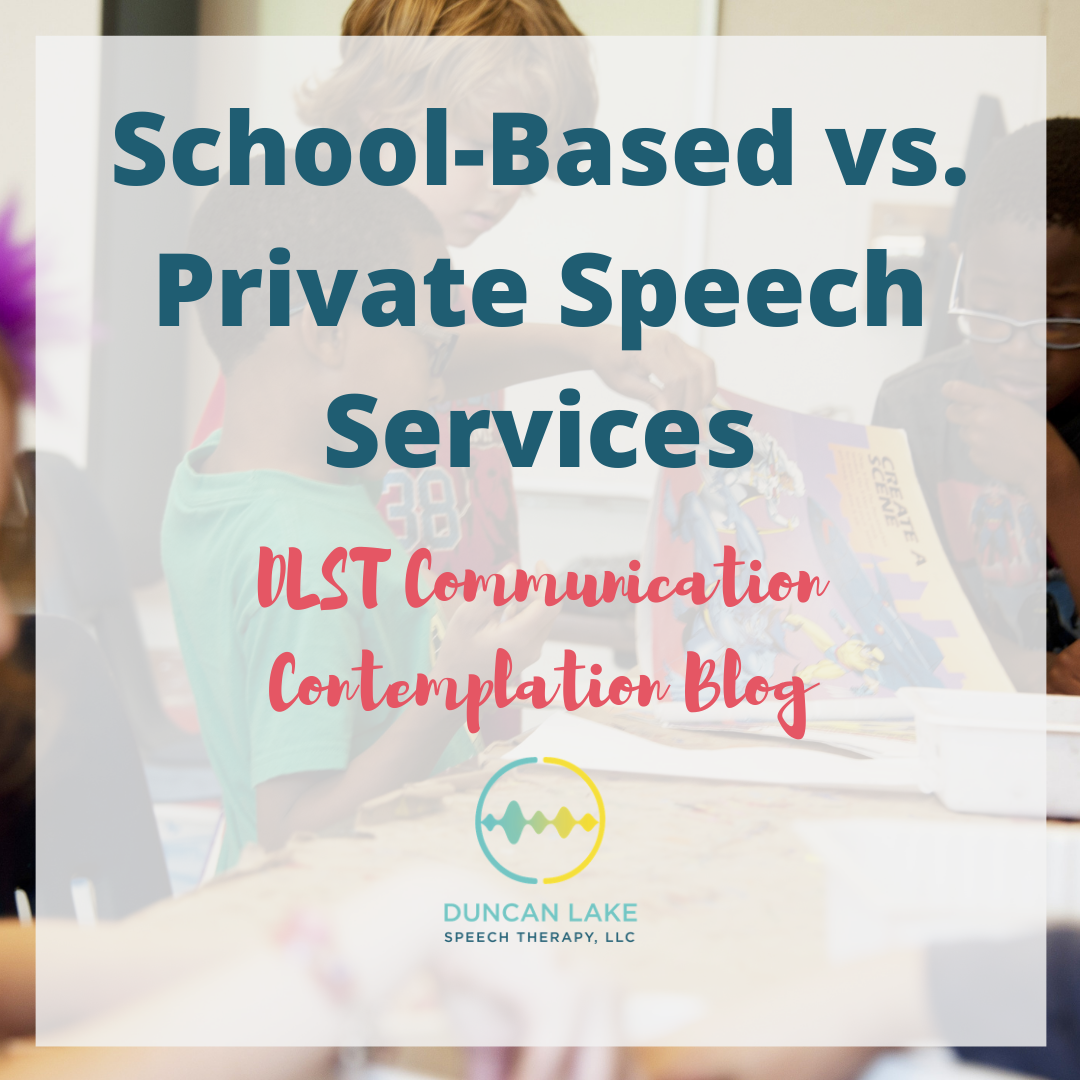
by Tami Teshima | Jan 30, 2021 | School-Based Services
A conversation that often comes up when I tell people I’m a speech-language pathologist often revolves around the topic of school-based speech and language services vs. private speech-language services. If you ask around, you’ll find that there are a lot...
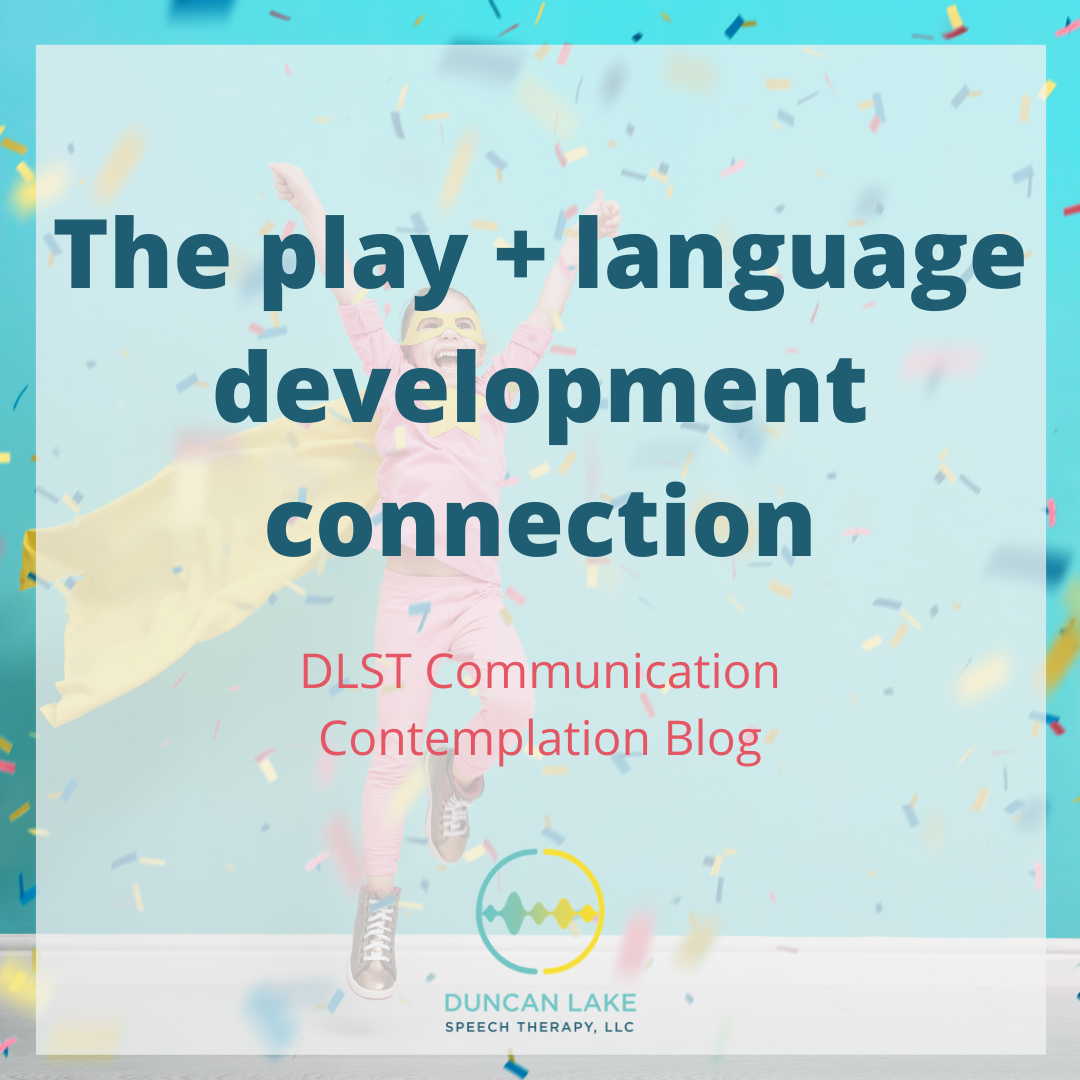
by Tami Teshima | Dec 22, 2020 | Language Development
It’s the time of the year toys and play get a lot of attention. Hey, I’m all about it! Play is such a powerful language learning tool, and, above all, is enjoyable for the children. I thought I’d take some time this week do discuss the connection...

by Tami Teshima | Dec 8, 2020 | Language Development
by Tamiko Teshima, M.A., CCC-SLP Practice Owner & Speech-Language Pathologist Duncan Lake Speech Therapy, LLC This time of year, our team is often asked for input on gift giving. Most questions are typically about what toys are best for language development. The...

by Tami Teshima | Oct 13, 2020 | Deaf and Hard of Hearing
Friends, this week we are lucky to have Caitlin Giammona, fellow SJSU alum, and speech-language pathologist and owner of The Signing SLP. Caitlin provides speech and language support to signing deaf and hard of hearing folks, and like us here at Duncan Lake Speech...



![Stuttering persistence factors [by Shelagh, our summer graduate intern!]](https://duncanlakespeechtherapy.com/wp-content/uploads/2021/07/Stuttering-Persistence-Factors.png)








Recent Comments